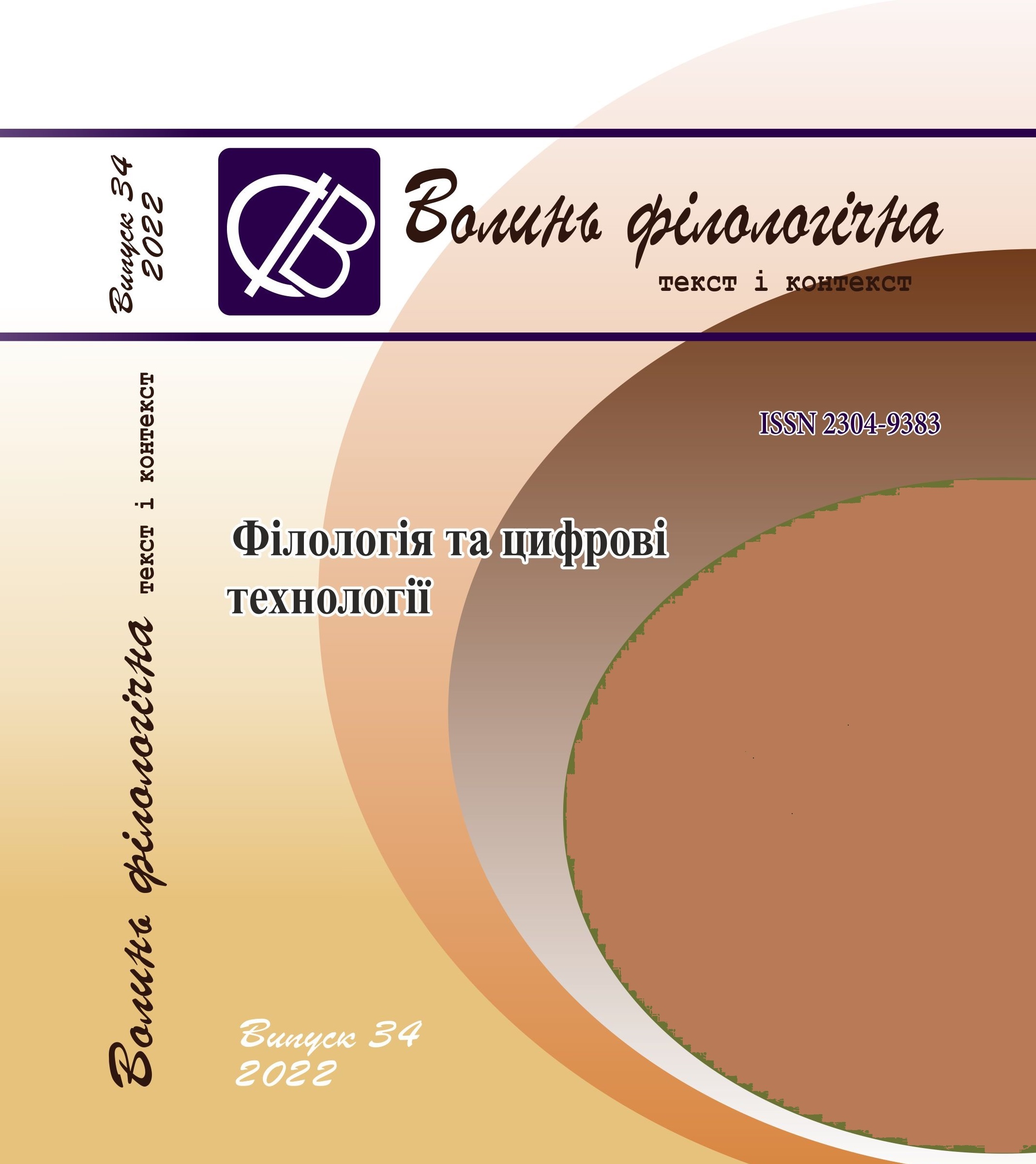Deconstruction of Racial Homogeneity in Ch. N. Adichie’s Americanah
Keywords:
racial (in)homogeneity, Ch. N. Adichie, novel Americanah, class affiliation, identityAbstract
The article focuses on gender and class identity in Chimamanda Ngozi Adichie’s novel Americanah. The author has analyzed the
portrayals of Black immigrants coming to the US from various African countries. Their experience of life in the New World is complicated by the realities of racial division. Using primarily hermeneutic, as well as contextual, figurative and other methods for characterizing different levels of the work, it was possible to obtain research results.
Despite the cultural and historical differences between Blacks born in the United States and those who have immigrated there today, all of them are perceived as one homogenous collective identity. The novel describes the resistance and cognitive dissonance of newcomers who have dark skin, but who have not suffered from segregation or racism as African Americans have suffered. The realities of racial discrimination remain a bitter reality for Black immigrants. The attitude of the white dominant group towards foreigners, from Africa or South America, is based onstereotypes not only about immigrants but also about Blacks. There is an extrapolation of stereotypes about African Americans to all people with dark skin. This, in turn, causes class stereotyping, as traditionally in American society, Blacks are assigned to the class of the poor. It has been argued that in American society race is a marker of class identity. Racial and class sensitivities affect the lives of immigrants not only in the US but also in the UK. In Ch. N. Adichie’s novel the realities of race and class within these two countries are compared.
It has been concluded that categorizing people and assigning them to specific groups requires them to adhere to certain stereotypes and codes. In the analyzed novel the main characters resist collective dictatorship as such interpellation deprives
them of individual choice and prevents them from expressing themselves.

